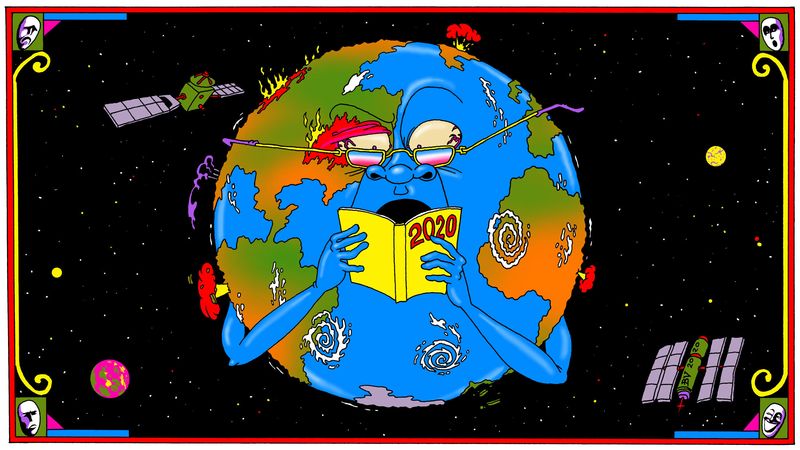

But the other alternative is, you’re going to die anyway.” So we’ve laid it out: What do you want to choose? … You could end up in the intensive care unit.
#SIDE EFFECTS OF DYING AND COMING BACK TO LIFE HOW TO#
One is that a lot of doctors feel like: I know how to have this conversation. There’s a couple ways that I see it playing out. I wouldn’t say that doctors don’t feel they can’t handle it.

It’s kind of surprising to hear that doctors can’t handle this. There’s a lot of emotion in the room, when people can cry or get angry, and we don’t know what to do with that.

And then when things aren’t working, part of your anxiety is: “Was there something I missed? Was there anything else I could have done?”Ī second anxiety is not only one of competence, it’s anxiety about talking to people about death, about the possibility that this won’t work. Nobody could have given you a better shot. I’m going to certainly give you the best shot you can have. Our anxieties include wanting to seem competent - and to us competence means “I can fix this.” In fact, there’s often a kind of implicit promise: I’m going to be able to fix this. But they have a hard time talking about it with their families, sometimes have a hard time talking about it with themselves, and certainly have a hard time talking about it with their doctors.īecause we’re afraid of talking to the patient about these problems as well. That’s where most people start to be concerned about losing things that are really important to them. And somewhere around there your life has become your disease and your treatment, and the possibilities that you’re going to win the lottery with your ticket start to diminish. It’s really what happens when the first round of what you think is going to work doesn’t work, and then you get to the second round, and then you get to the third round. The first round of effort succeeds, then you’re happy. There’s a lot of folks for whom there’s nothing else except, “Look whatever it takes, I want to be aggressive, and give me everything that we’ve got,” as the starting point, but these are journeys. People are becoming more aware of the ways in which their care can take away other things that sometimes are even more important to them, and those things can be their ability to be aware and communicate with others their ability to be at home and in control of their lives their ability to interact and work and do things important to them. What happens when you get sick is that you’re governed most of all by your fears, and of course your biggest fear is that you might die. 14, 2014.Īs a doctor, do you find that are motivated by patients’ expectations of extending life? This is the edited transcript of a two-part interview conducted on Jand Sept. In the below interview from the FRONTLINE film Being Mortal - based on his best-selling book of the same name - Gawande discusses how his regrets over care he provided some patients, as well as the death of his own father, helped him to realize that the goal of medicine should not be a good death, but rather “a good life to the very end.” Questions like: What are your priorities if your time is limited? What are your goals for treatment? What are your fears? And what trade-offs are you willing to accept as a result of your care? It’s understandable, says Gawande, but “hope is not a plan.”įor Gawande, a New Yorker writer and a renowned surgeon at Boston’s Brigham and Women’s Hospital and the Dana-Farber Cancer Institute, too many questions are going unasked. Patients with life-threatening illnesses tend to focus on how to beat the steep odds against them, he says, without hearing from their doctors about how certain kinds of treatment might actually worsen their remaining time alive. The United States has a problem when it comes to conversations around death and dying, says Dr.


 0 kommentar(er)
0 kommentar(er)
